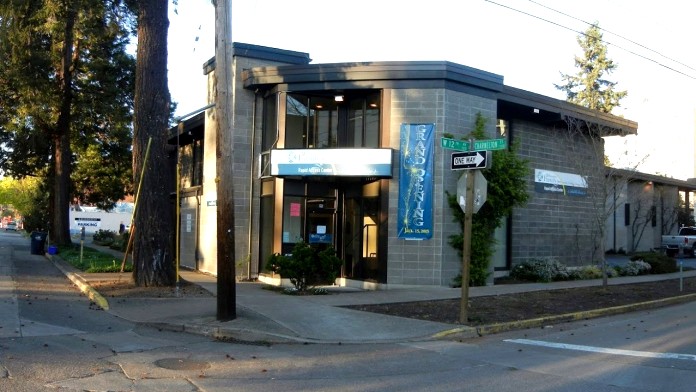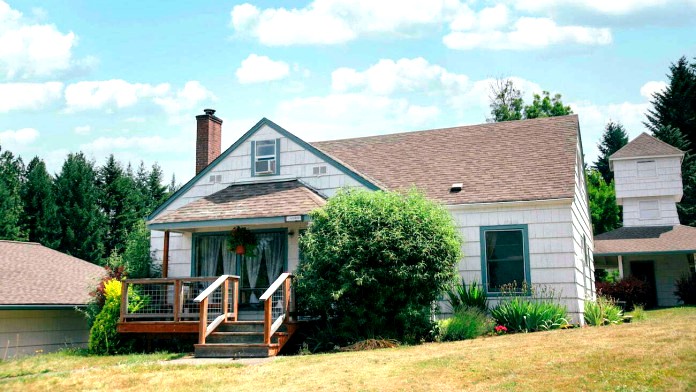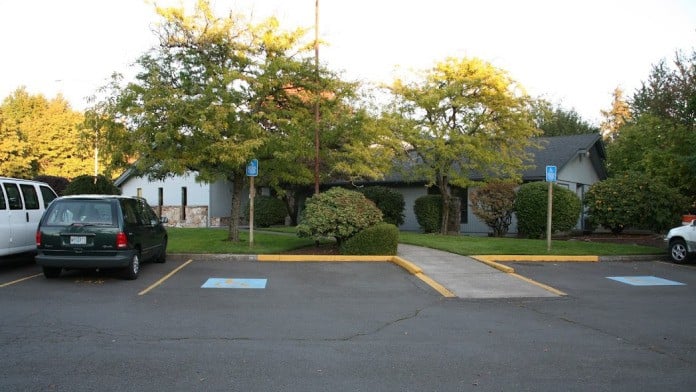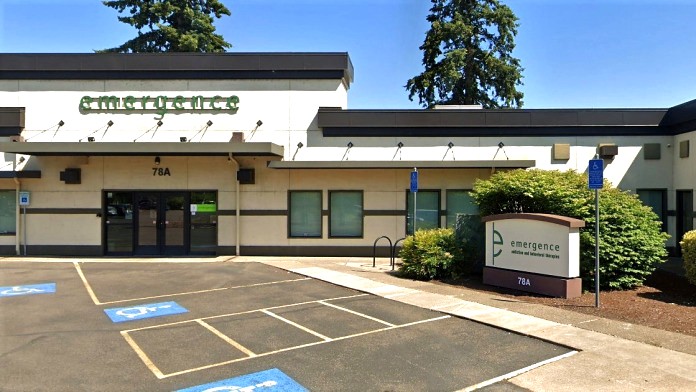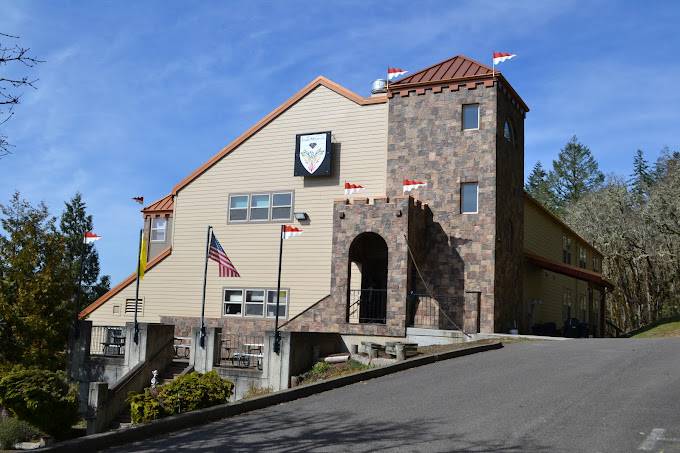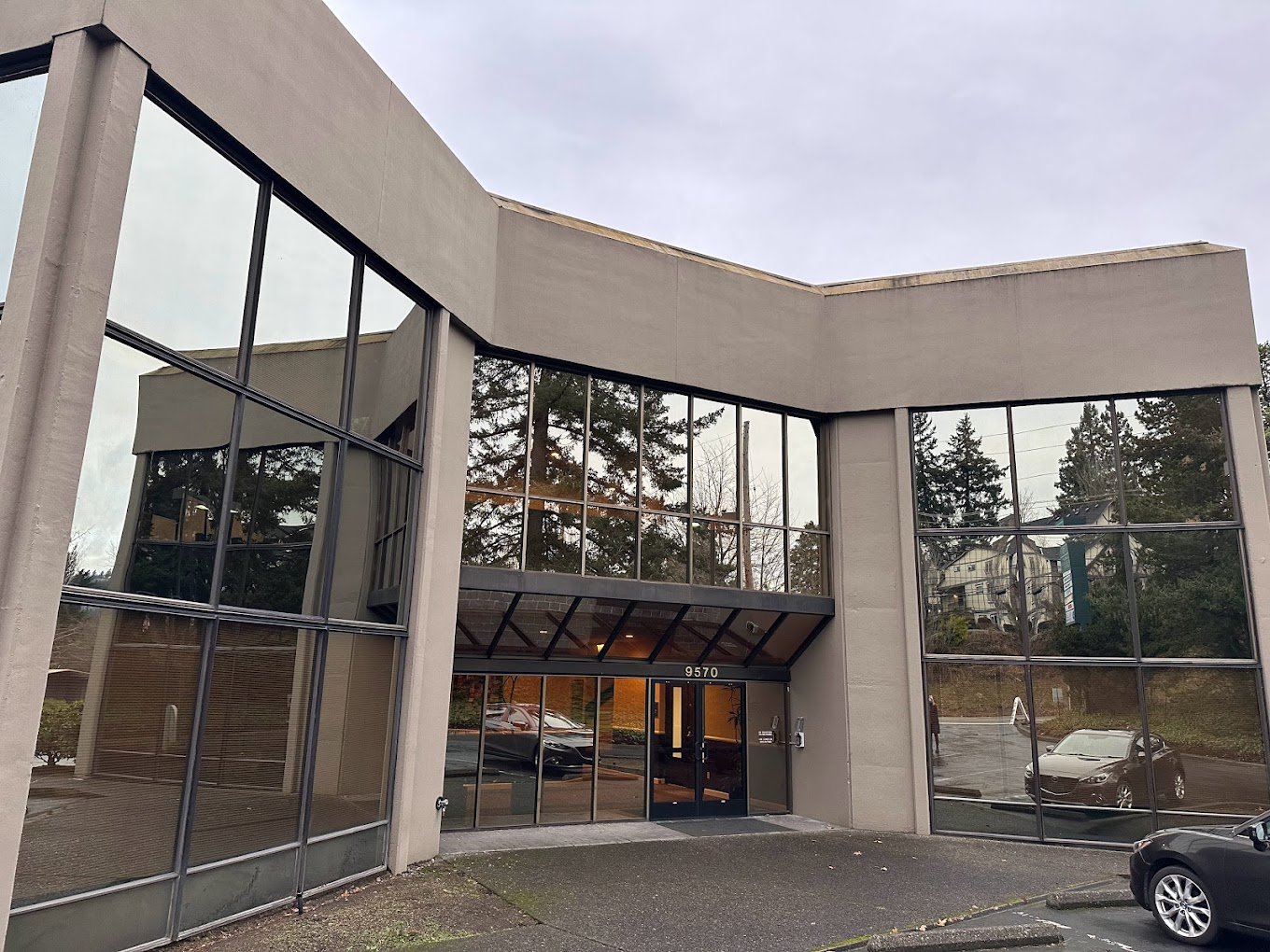Everyone I met at Lane County was kind and understanding to me. I was initially surprised to find someone who truly cared about me and my recovery. I received support beyond medication that really helped me to build a better and sober life.
About Lane County Public Health
Lane County Public Health provides a wide range of services for county residents. This office in Eugene Oregon can direct you to the care you need including behavioral health programs that treat addiction and mental health needs. These clinics are at other addresses but this central office can direct you to the right place.
At the Lane County Behavioral Health Clinic they offer outpatient mental health counseling and individuals and families of all ages and backgrounds. The Lane County Treatment Center has a Medication Assisted Treatment (MAT) program which offers vital support for those recovering from opioid dependence. By combining medication with counseling and behavioral therapies MAT helps individuals achieve sustained recovery while addressing the underlying causes of addiction.
LaneCare is another critical component as this program coordinates care and ensures that residents have access to personalized and effective treatment plans by collaborating with local healthcare providers.
Lane County Behavioral Health’s CARF accreditation gives you confidence that they offer high quality programs. Located in the beautiful Willamette Valley the facility is surrounded by trees and hills which creates a peaceful atmosphere that can help with recovery. The natural beauty contributes to the therapeutic environment and provides substance free recreation options.
Lane County Behavioral Health contracts with several insurance providers including OHP and Medicare. They also provide a sliding fee scale according to income and family size for clients who do not have insurance. If you don’t have coverage they can help you sign up for OHP.
By working closely with community partners the department strives to provide comprehensive and accessible services to enhance the quality of life for all individuals in the county.
Facility Overview
Latest Reviews
Rehab Score
Location
Accepted Insurance
Other Forms of Payment
Medicaid is a state based program that helps lower-income individuals and families pay for healthcare. Medicaid covers addiction treatment so those enrolled can use their coverage to pay for rehab. When a program accepts Medicaid the client often pays very little or nothing out of their own pocket.
Self-pay involves paying for treatment out of your own pocket. You can use savings or credit, get a personal loan, or receive help from family and friends to fund your treatment. If you don't have insurance or your insurance plan doesn't cover a specific program, self-pay can help ensure you still get the care you need.
Financial aid can take many forms. Centers may have grants or scholarships available to clients who meet eligibility requirements. Programs that receive SAMHSA grants may have financial aid available for those who need treatment as well. Grants and scholarships can help you pai for treatment without having to repay.
Addiction Treatments
Levels of Care
Outpatient Programs (OP) are for those seeking mental rehab or drug rehab, but who also stay at home every night. The main difference between outpatient treatment (OP) and intensive outpatient treatment (IOP) lies in the amount of hours the patient spends at the facility. Most of the time an outpatient program is designed for someone who has completed an inpatient stay and is looking to continue their growth in recovery. Outpatient is not meant to be the starting point, it is commonly referred to as aftercare.
Drug and alcohol addiction often takes a heavy toll on one's body. Over time, a physical dependence can develop, meaning the body physiologically needs the substance to function. Detox is the process of removing drugs and/or alcohol from the body, a process that can be lethal if mismanaged. Medical detox is done by licensed medical professionals who monitor vital signs and keep you safe, healthy, and as comfortable as possible as you go through detox and withdrawal.
Treatments
The goal of treatment for alcoholism is abstinence. Those with poor social support, poor motivation, or psychiatric disorders tend to relapse within a few years of treatment. For these people, success is measured by longer periods of abstinence, reduced use of alcohol, better health, and improved social functioning. Recovery and Maintenance are usually based on 12 step programs and AA meetings.
Drug rehab in Oregon offers a full continuum of care for those struggling with addiction. From detox, to inpatient, to outpatient, to aftercare, Oregon residents can find the support they need for recovery. This treatment empowers individuals to replace drug use with positive alternatives and develop a healthier lifestyle.
A combined mental health and substance abuse rehab has the staff and resources available to handle individuals with both mental health and substance abuse issues. It can be challenging to determine where a specific symptom stems from (a mental health issue or an issue related to substance abuse), so mental health and substance abuse professionals are helpful in detangling symptoms and keeping treatment on track.
Opioid rehabs specialize in supporting those recovering from opioid addiction. They treat those suffering from addiction to illegal opioids like heroin, as well as prescription drugs like oxycodone. These centers typically combine both physical as well as mental and emotional support to help stop addiction. Physical support often includes medical detox and subsequent medical support (including medication), and mental support includes in-depth therapy to address the underlying causes of addiction.
Programs
Adult rehab programs include therapies tailored to each client's specific needs, goals, and recovery progress. They are tailored to the specific challenges adult clients may face, including family and work pressures and commitments. From inpatient and residential treatment to various levels of outpatient services, there are many options available. Some facilities also help adults work through co-occurring conditions, like anxiety, that can accompany addiction.
Young adulthood can be an exciting, yet difficult, time of transition. Individuals in their late teens to mid-20s face unique stressors related to school, jobs, families, and social circles, which can lead to a rise in substance use. Rehab centers with dedicated young adult programs will include activities and amenities that cater to this age group, with an emphasis on specialized counseling, peer socialization, and ongoing aftercare.
Clinical Services
Group therapy is any therapeutic work that happens in a group (not one-on-one). There are a number of different group therapy modalities, including support groups, experiential therapy, psycho-education, and more. Group therapy involves treatment as well as processing interaction between group members.
Staff & Accreditations
Staff
Bjorn Carlson
Parks Business Operations Supervisor
Laura Linn
Volunteer & Communications Coordinator
Kachina Inman
Assistant Director of Health & Human Services
Veronica Aguilar
Talent Resources Analyst
Accreditations

The Substance Abuse and Mental Health Services Administration (SAMHSA) is a branch of the U.S. Department of Health and Human Services. Established in 1992 by congress, SAMHSA's mission is to reduce the impact of substance abuse and mental illness on American's communities.
SAMHSA Listed: Yes
Contact Information
151 West 7th Avenue
Suite 310
Eugene OR, 97401

